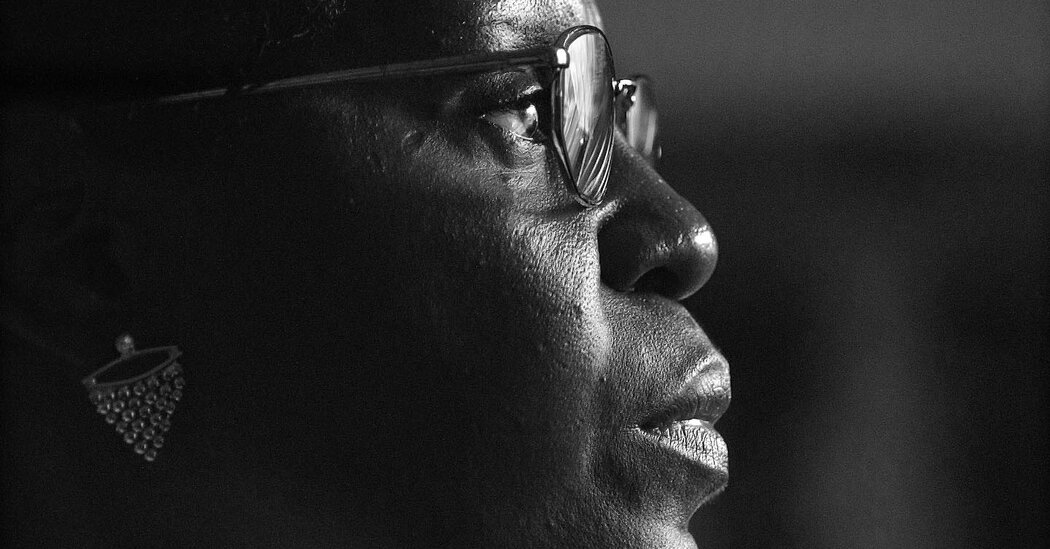I recently had the opportunity to meet Sarah Collins Rudolph, a survivor of the 1963 Ku Klux Klan bombing of the 16th Street Baptist Church in Birmingham, Alabama. At the time, Rudolph was just 12 years old. The bombing took the lives of four little girls, but Rudolph miraculously survived, although she lost one eye and suffered other injuries.
Rudolph’s experience is a painful reminder of the racial terrorism that plagued Birmingham and other parts of America during the civil rights era. The city was nicknamed “Bombingham” due to the frequency of bombings carried out by white terrorists opposed to integration.
After the bombing, Rudolph struggled to process her trauma. She received no counseling or support, and her classmates were sent away for their own safety. Her mother rarely spoke about the incident. It wasn’t until she was in her 40s that Rudolph started to openly talk about the bombing and seek healing.
Today, Rudolph and her husband, George, are advocating for restitution from the state of Alabama for her pain and suffering. However, despite their efforts, they have yet to receive any meaningful compensation. They feel disrespected, discounted, and dismissed.
This raises an important question: What does America owe the victims of its past racial terror? It is a question that ties into the larger debate over reparations. So far, the answers have been inadequate.
In the aftermath of the September 11th terrorist attacks, Congress established a victims’ compensation fund to provide support to those affected. Similarly, victims of the 2015 Charleston church shooting and the Boston Marathon bombing received financial compensation. Yet, victims of racial terror have not received the same support.
In the case of the 1994 Rosewood Massacre in Florida, survivors and their descendants were eventually awarded a $2.1 million compensation package, including direct payments and scholarships. However, the amount pales in comparison to what the families of September 11th victims received.
Similarly, survivors of the 1921 Tulsa Race Massacre have been denied reparations, despite a state commission’s recommendation for compensation. While some students in Tulsa have received scholarships as a form of reconciliation, the survivors themselves have yet to be adequately compensated.
Black victims of racial injury are routinely denied the indemnity they deserve. The suffering they endure often goes unrecognized and uncompensated. This is a glaring injustice that needs to be addressed.
As the Rudolphs enter their later years, they are keenly aware that time is running out for them to receive restitution. They hope that America will recognize their pain and provide the support they deserve before it’s too late.











